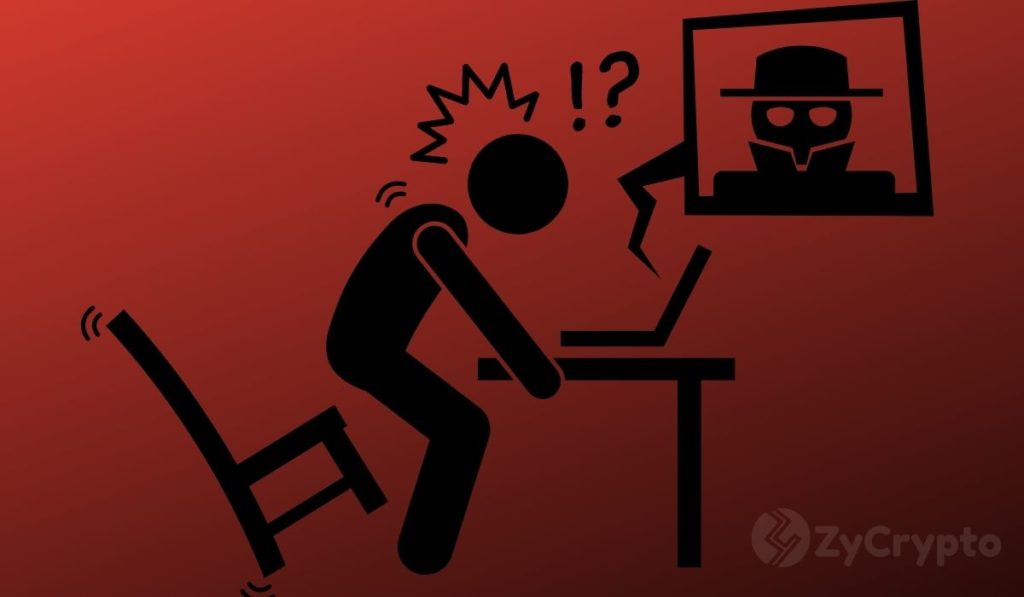
Youtube’s representative attorneys have responded to Ripple’s lawsuit by saying that YouTube is not liable to the actions of third-party content creators on the platform.
Ripple’s lawsuit argued that YouTube benefits from ad traffic from such scammers and by failing to take action against them, the platform is complicit.
However, According to Youtube’s response, the platform has dismissed Ripples’ claims by quoting Section 230 of the Communication Decency Act: Protection for Private Blocking and Screening of Offensive Material Act.
The Act, as YouTube argued before a federal judge in California, protects the platform from “liability by federal internet Laws”.
Youtube’s Attorneys further argued that it would be unrealistic for YouTube to verify all the content coming in for publishing since it doesn’t change the fact that it is from third-party providers.
Ripple Sues Youtube
On April 21, Ripple’s CEO Brad Garlinghouse and its attorneys filed a lawsuit against YouTube after the video-sharing platform refused to take action against multiple XRP impersonators and scammers.
This followed an earlier uproar in March from the Ripple Community when a Twitter user moved to warn others to beware of a fake Ripple CEO account offering XRP airdrops. The user, who is also the co-founder of SPQR Media, said that the fake account has a whopping 270K subscribers, tagging involved personnel including Ripple CEO Garlinghouse and Youtube.
Deciding enough is enough, Ripple said it’s time to protect unsuspecting members of the Ripple Community from falling prey to giveaway scams by forcing Youtube’s hand.
“It’s time to end this unacceptable behavior and protect our friends, family members and consumers everywhere. YouTube and other big technology and social media platforms must be held accountable for not implementing sufficient processes for fighting these scams.”
In the lawsuit, Ripple mentioned over 300 different cases of personified accounts belonging to CEO Garlinghouse. Some scammers went as far as acquiring verified accounts and making slight modifications to “legitimize” their scam giveaways.
The Scammers Greenlight
Youtube’s Spam, Deceptive Practices and Scams Policies guidelines for its users directly states:
“Youtube doesn’t allow spam, scams, or other deceptive practices that take advantage of the Youtube community.”
However, the new development might communicate the wrong idea to scammers and impersonators who move to exploit the lack of liability on Youtube’s part.
Crypto scams on Youtube, constitute one of the biggest pests in the crypto industry, next to the Twitter scams. Prominent public figures and businessmen especially in the crypto sphere, like Elon Musk, have been unlucky enough to be key targets on multiple platforms.